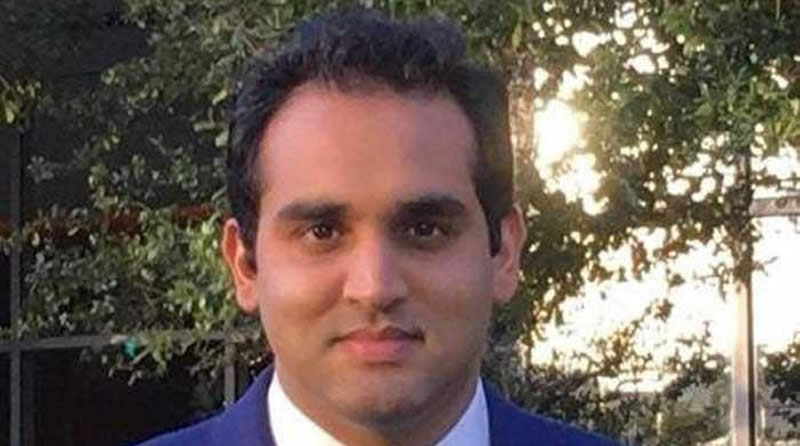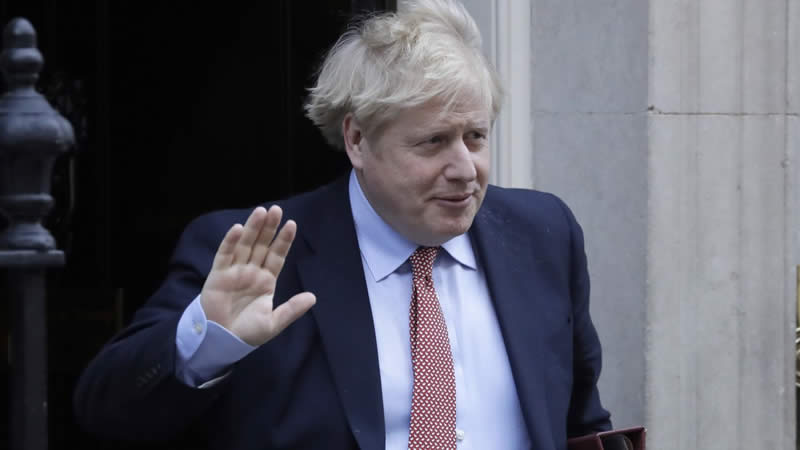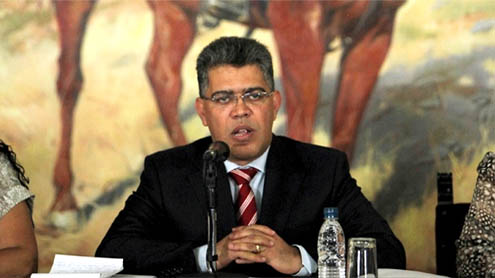 Every community in the UK will gain access to super-fast broadband by 2015 under plans outlined today.
Every community in the UK will gain access to super-fast broadband by 2015 under plans outlined today.
The private sector is to deliver broadband to two thirds of the UK. Other, mainly rural, areas will receive public funds to build a “digital hub” with a fibre optic internet connection.
Ministers say they aim for the UK to have Europe’s best broadband network.
“The reason we want to do this is very simple — it’s about jobs,” says Culture Secretary Jeremy Hunt.
Speaking to the Today Programme he said the government had a key role in “catalysing investment by the private sector” in broadband. Mr Hunt cited the example of South Korea which has high speed broadband throughout the nation and which was “90%” paid for by private firms.
The government has earmarked £830m for the scheme, with some of this money coming from funds given to the BBC to pay for the switch to digital TV.
Mr Hunt said the strategy would give the country Europe’s best broadband network by 2015 and will be central to economic growth and the delivery of future public services, dependent on quick, reliable access to the internet.
Explaining why the government had abandoned the plans of the former administration that promised 2 megabits per second broadband for all by 2012, he said: “It’s silly to hang your hat on a speed like two meg when the game is changing the whole time.
He added: “What we’ve said is that just giving people two meg is not enough, what people use the internet for is changing the whole time.”
A recent study by the regulator Ofcom revealed that fewer than 1% of UK homes have a super-fast broadband connection, considered to be at least 24Mbps.
However, the government does not define the minimum speed it hopes super-fast services will achieve.
“In order to determine what constitutes ‘the best’ network in Europe, we will adopt a scorecard which will focus on four headline indicators: speed, coverage, price and choice,” the strategy says.
“These will be made up of a number of composite measures rather than a single factor such as headline download speed.”
Difficult-to-reach areas
Much of the detail of the government’s broadband strategy has previously been announced, including how it will be funded and the coalition’s desire to see everyone able to access broadband with speeds of at least 2Mbps by 2015.
Labour promised the same minimum speed for everyone by 2012.
But the coalition says that it will now roll together its drive for universal access with its strategy to deliver super-fast broadband.
At the heart of this is a plan to create a “digital hub” in every community by 2015.
“Our goal today is very simple: to deliver a fibre point in every community in the UK by the end of this parliament,” Mr Hunt is expected to say when he delivers a speech outlining the strategy at the London headquarters of computer giant Microsoft.
Communities and local operators would then be expected to take on the responsibility for extending the network to individual homes.
The coalition has earmarked £50m of the £830m to pay for trials – particularly in difficult-to-reach areas – to see how it can ensure that super-fast fibre optic broadband reaches these communities in the timescale.
These new trials will run alongside projects in North Yorkshire, Herefordshire, Cumbria and the Highlands and Islands, announced earlier this year.
“We will be inviting local bodies and devolved administrations right across the UK to propose new testing projects in April of next year, with a view to making a final selection in May,” Mr Hunt will say.
In his speech, Mr Hunt will also confirm that the government will sell off parts of the spectrum in 2011 that could be used for mobile broadband services.
Back aches
The strategy was welcomed by the Independent Networks Cooperative Association (Inca), a group of community broadband schemes.
“It is great that the government has taken up the ‘digital village pump’ idea that has been put forward by a number of broadband champions,” said Malcolm Corbett, CEO of Inca.
“This could go a long way to tackling one of the big problems with all rural broadband services – the costs of backhaul – the connection from the community to the internet.
“However, more needs to be done and the strategy misses some obvious opportunities, not least the way that business rates are levied on fibre.”
The current regime of levies on fibre installations has been a major bone of contention, with smaller firms claiming they are discriminated against compared to giants BT and Virgin Media.
Inca’s view was echoed by Trefor Davies, CTO of communications firm Timico.
“The problem with this is that it is effectively handing the cash to BT because the fibre tax system will make BT the only company able to offer a competitive backhaul,” he said.
Both called on government to address the levies and also to ensure that smaller firms had “viable” access to existing infrastructure – such as BT’s ducts and poles – that would be used to carry their services.
Without this, they said, small firms would be at “a competitive disadvantage” compared to BT when bidding to provide services.
Mr Hunt said that BT had signaled that it will match the government’s £830m of funding if it is awarded the contract to provide the infrastructure for the community hubs.
The firm said that if it was to “win funds on that scale” it would be able to provide fibre to 90% of the UK.
Under current plans, its fibre will extend to 66% of the UK, although only a quarter of this would be the faster Fibre-To-The-Home (FTTH) technology.
The rest is the slower Fibre-To-The-Cabinet (FTTC), similar to the government’s “digital hub” plans, which does not guarantee a super-fast fibre connection all the way to a person’s home – BBC











